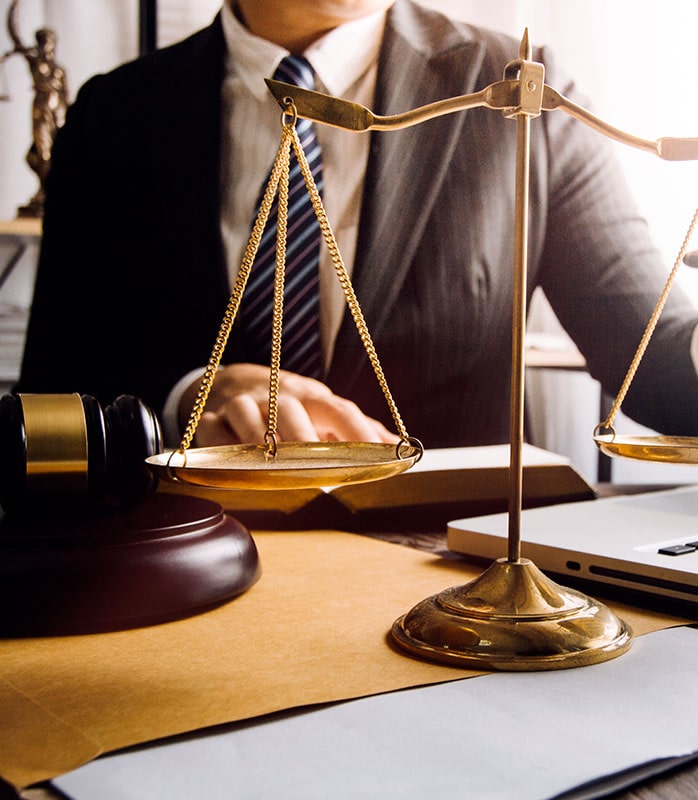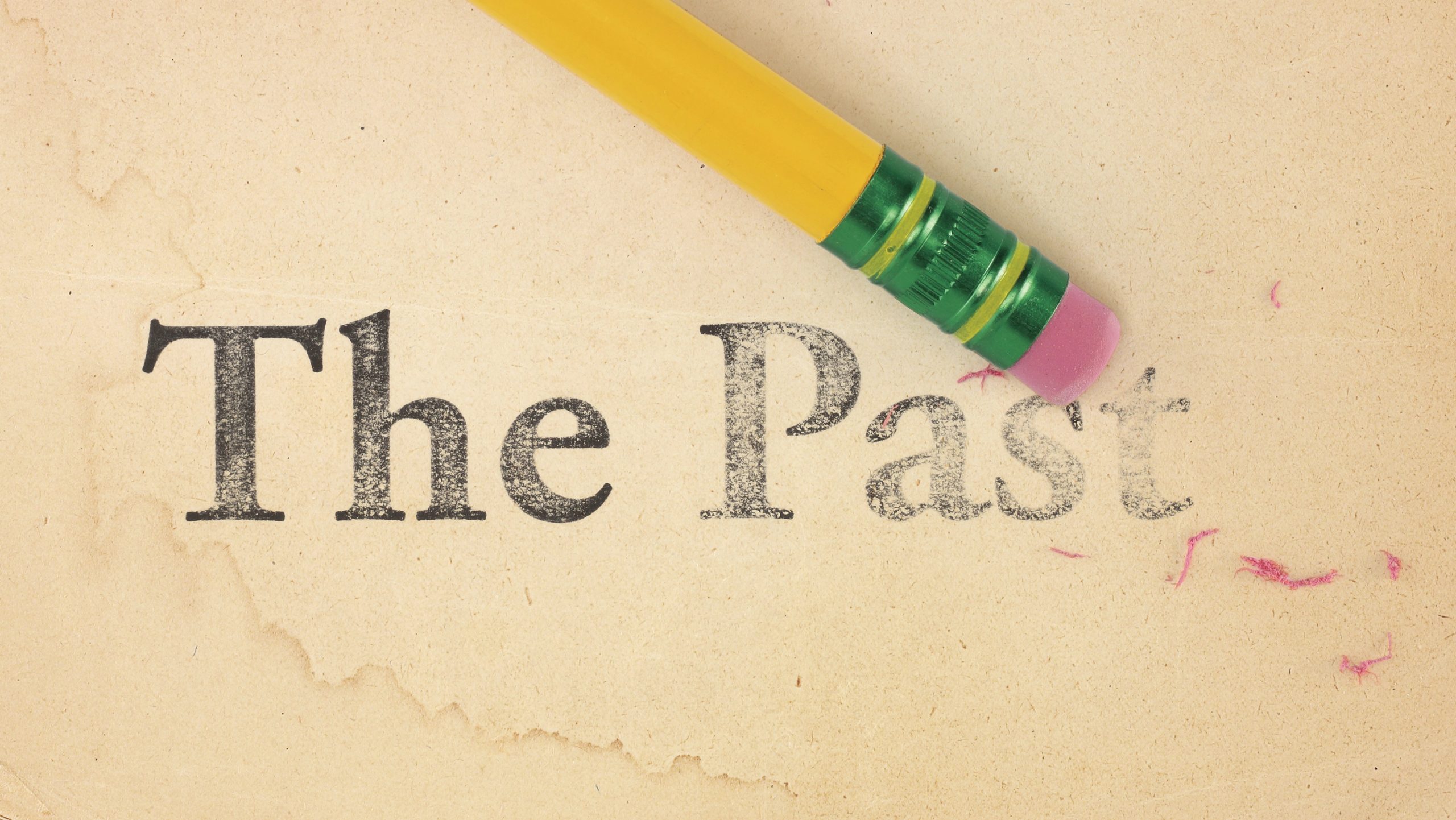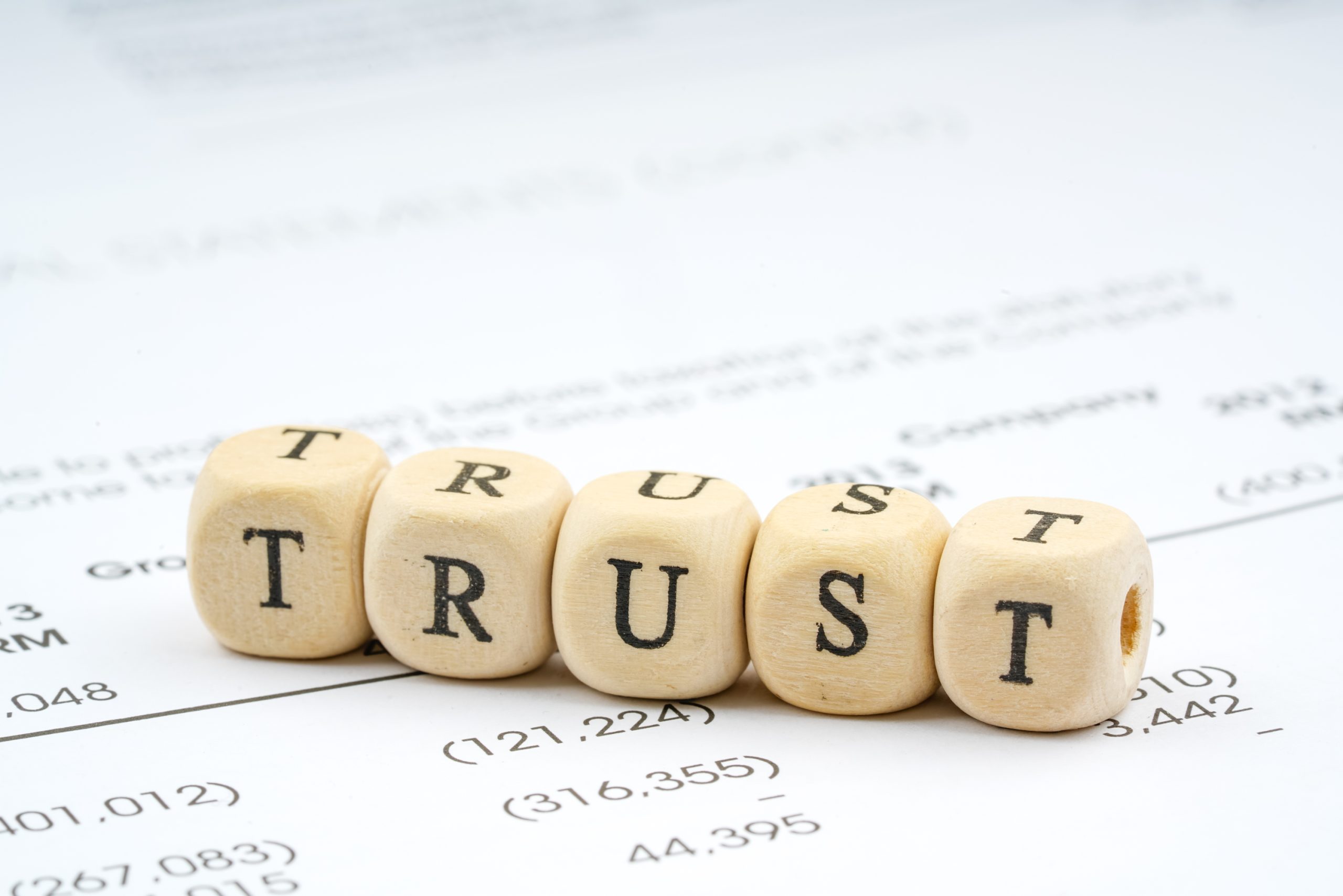Experienced.
Our team has more than 70 years of combined experience.
Learn MoreDedicated.
Your professional future and well-being are important to us.
Learn MorePersonal.
We believe in building strong partnerships with our clients.
Learn MoreTrusted by Professionals
Empathy
is at the core of what we do
We are a Raleigh area-based law firm that concentrates in professional and occupational licensing, ethics and disciplinary matters. The firm also advises and represents professional clients in various related areas, including prospective ethics counseling, private ethics opinions, firm disputes, North Carolina State Bar grievance defense, and attorney discipline defense.
Learn MoreFeatured Practice Areas
Licensing Board
General Procedural Process
If you have received a complaint against you from your licensing board or agency, you may be wondering what happens next and how an attorney or law firm can help you in this process. Find out what to expect from each procedural stage.
Learn MoreRecent News & Insights
Commited To Your Success

Many, many thanks for Doug’s fine work, brilliant mind, amazingly on-point original arguments and resolution of a unique, novel problem.

Deanna, Thank you so much for all you have done. This Bar Grievance seemed like a nightmare that just would not end. You answered all my questions and were extremely patient and kept me informed on the matter. You also gave me a realistic expectation and analysis rather than just the theoretical consequences. . . . I would highly recommend you to anyone. Thanks again!

Dear Deanna, You have been a tremendous help to me over the last several years whenever I have professional ethics legal questions. Your responses to my rather esoteric and sometimes crazy inquiries have always been exceptionally clear and well reasoned. . .”

Crystal, Thank you for the excellent work you did in preparing me and representing me before the NCBLE. I’m sure you have a lot of clients, but your rapid responses and attention to detail meant a lot to me. This has been a difficult process for me, but your wonderful advice and advocacy put me at ease.

Deanna, I can’t thank you enough for your support and will be forever in your debt. This has been absolutely devastating for me and while I know I have to move on, I will never ever forget this experience and how much I know I could never have done it without your excellent support and guidance. Thank you again so much Deanna.

Doug, Thank you again for all the help you have given me in my matter with the Judicial Commission. I could not have expected more excellent representation.”

Crystal, I wanted to offer you the utmost gratitude for your handling of my case and how you went above and beyond Monday night to field my questions and truly be my counsel after hours. You are VERY good at what you do and I cannot thank you enough for your expertise, candor and availability.

Doug, Great news! Thanks so much for your help on this. You helped frame the range of issues – from technical to the Board culture, and allowed me to remain calm. It’s an absolute pleasure working with a seasoned veteran. All the best!”
By clicking ‘submit’ you understand that no attorney-client relationship will be formed by sending an e-mail and that you should not transmit confidential information. If you are contacting us about potential representation, please limit the initial message to your name, the names of the other persons or entities involved, and a brief description of the type of case or matter.









